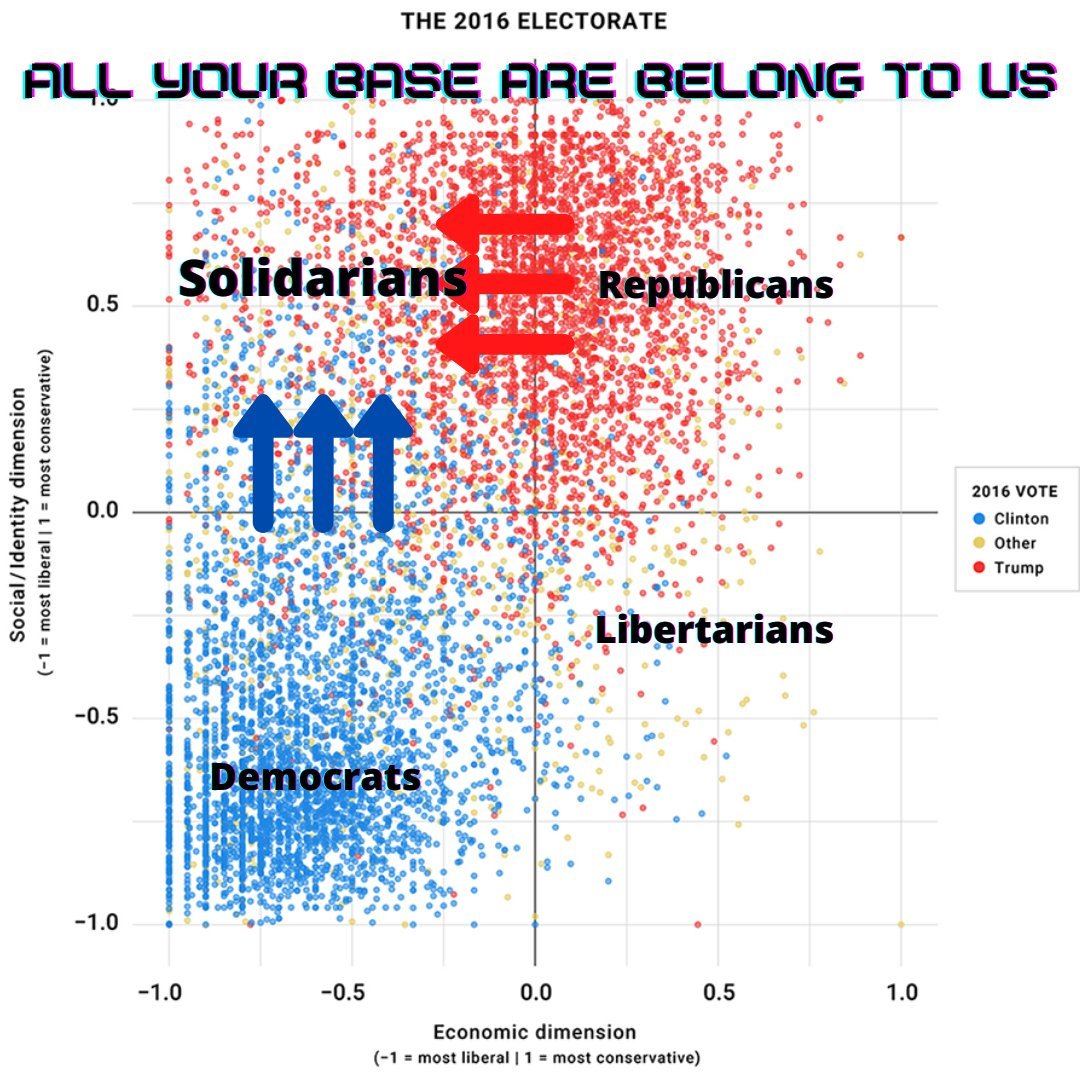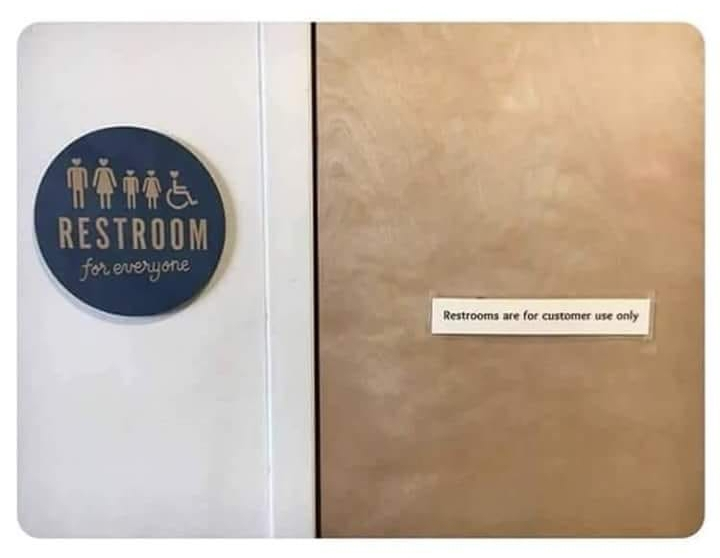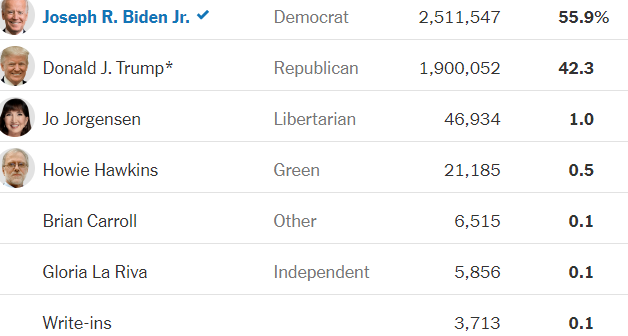
Ever heard of the Depository Institutions Deregulation and Monetary Control Act of 1980?
Most people haven't, but it was a key step in advancing a deregulation agenda in the financial sector (something that started before the Reagan years).
It did one thing in particular:
Most people haven't, but it was a key step in advancing a deregulation agenda in the financial sector (something that started before the Reagan years).
It did one thing in particular:

It gutted federal usury laws, which previously had limited loans to interest rates between 7 and 10 percent. Now, in many cases, there was no limit.
Already, in 1978, the Supreme Court had severely undercut state usury laws by allowing banks to charge interest at the legal rate in their home state regardless of where their customers lived.
These legal changes did not completely dismantle legal controls on lending, but they represented a major shift in Americans' relationship with debt.
One consequence was that interest rates that previously would have only be enforced by loan sharks were now backed by judges, lawyers, and bailiffs.
Deregulation like the 1980 bill was promoted by those who wanted financial institutions like savings and loans to grow and become more profitable.
In reality, lack of oversight contributed to a financial crisis in the later 1980's that led to the failure of over 1,000 S&Ls.
In reality, lack of oversight contributed to a financial crisis in the later 1980's that led to the failure of over 1,000 S&Ls.
It was also part of larger process of increasing debt loads for American households.
Today the average owes nearly as much as their yearly income.
Today the average owes nearly as much as their yearly income.

The single biggest contributor to household debt is, as you probably expect, mortgages.
However, increasingly Americans are taking at loans just to have the wherewithal to stay afloat.
However, increasingly Americans are taking at loans just to have the wherewithal to stay afloat.
For the middle class, that means tens or even hundreds of thousands of dollars in student loans, non-dischargeable in bankruptcy.
For the poor, it means payday lenders with annual interest rates as high as 120 percent.
For the poor, it means payday lenders with annual interest rates as high as 120 percent.
Does personal responsibility play a role in avoiding excessive debt? Sure, in many cases.
Still, the fact remains that we have created a society where massive amounts of debt are expected to obtain anything more than bare survival.
Still, the fact remains that we have created a society where massive amounts of debt are expected to obtain anything more than bare survival.
The conventional wisdom is that "expanded access to credit" is good for the economy.
But the old laws against excessive interest were there for a reason: they existed because people understood that debt can easily become a form of un-freedom, and a means of exploitation.
But the old laws against excessive interest were there for a reason: they existed because people understood that debt can easily become a form of un-freedom, and a means of exploitation.
Americans go into increasing amounts of debt for their homes, their cars (which they usually need to go to work), for education, for medical care (the #1 cause of bankruptcy), and on and on.
This is not a sustainable way to keep a prosperous middle-class society going.
This is not a sustainable way to keep a prosperous middle-class society going.
• • •
Missing some Tweet in this thread? You can try to
force a refresh






